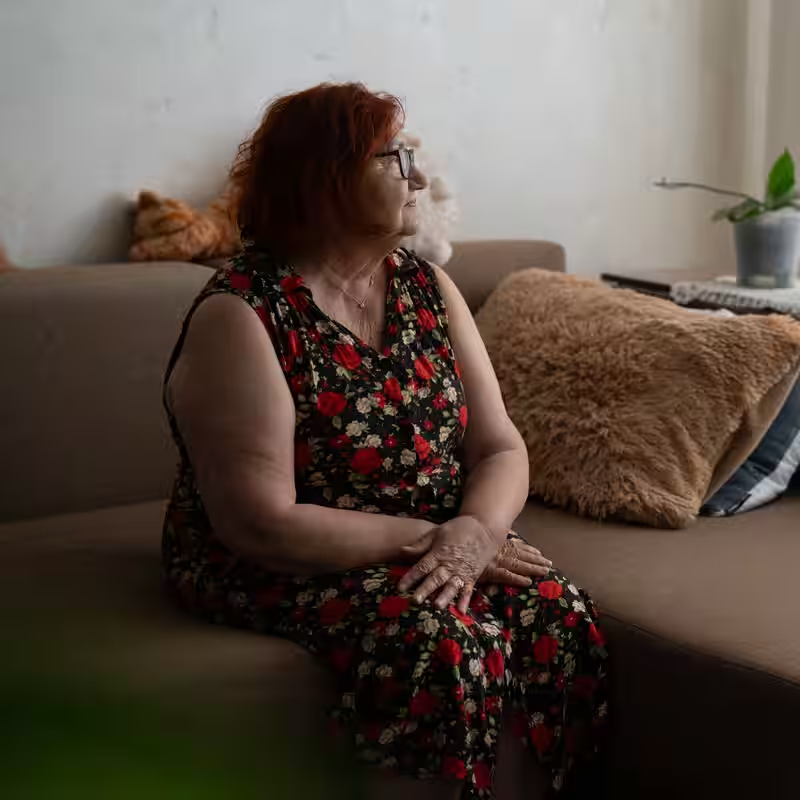Table of Contents
- What Is Italy Syndrome?
- Why Eastern European Women?
- Symptoms and Mental Health Impact
- Systemic Failures and Lack of Support
- What Can Be Done?
- Sources
What Is Italy Syndrome?
Italy syndrome isn’t found in any medical textbook—yet. But for dozens of Eastern European women returning home from caregiving jobs in Italy, it’s a very real and debilitating condition. First identified by Ukrainian psychiatrist Dr. Andriy Kiselyov, the term describes a form of treatment-resistant depression and chronic fatigue that seems uniquely tied to the grueling, isolating nature of live-in elder care in Italy.
“They were somehow different from all the other patients,” Dr. Kiselyov recalled, noting that traditional antidepressants and therapies failed to help. What linked these women? All had spent months or years working as caregivers for Italy’s aging population.
Why Eastern European Women?
Italy faces a demographic time bomb: over 23% of its population is over 65, one of the highest rates in Europe. With limited public eldercare infrastructure and cultural expectations that families handle care, demand for affordable, live-in help has surged.
Enter women from Ukraine, Moldova, Romania, and Bulgaria—often middle-aged, with caregiving experience but few economic opportunities at home. Many arrive on informal or precarious work visas, living full-time in their employers’ homes with little time off, low pay, and minimal legal protections.
Symptoms and Mental Health Impact
Italy syndrome manifests as:
- Chronic exhaustion unrelieved by rest
- Emotional numbness or detachment
- Insomnia or disrupted sleep cycles
- Anxiety and panic attacks
- Loss of identity or purpose
Unlike typical burnout, these symptoms persist long after returning home. Dr. Kiselyov notes that the syndrome appears rooted in prolonged emotional labor, social isolation, and the psychological toll of caring for strangers while being separated from one’s own family.
Systemic Failures and Lack of Support
There’s no official recognition of Italy syndrome by Italian or EU health authorities. Migrant caregivers often lack access to mental health services while abroad—and face stigma upon returning home.
“They’re seen as strong, self-sacrificing mothers,” said sociologist Elena Morariu, who studies labor migration in Eastern Europe. “But no one asks what it costs them.”
Employers in Italy rarely provide psychological support, and many contracts forbid caregivers from having visitors or leaving the home unattended—creating a form of emotional captivity.
What Can Be Done?
Advocates are calling for:
- Legal reforms to guarantee rest days and mental health access
- Bilateral agreements between Italy and sending countries for worker protections
- Community support networks for returning caregivers
- Recognition of “Italy syndrome” as an occupational health issue
Until then, women continue to leave their homes in search of income—only to return broken in ways no one anticipated.
Sources
The New York Times: When Caregiving Makes Women Ill
Eurostat: Population Ageing in Europe




